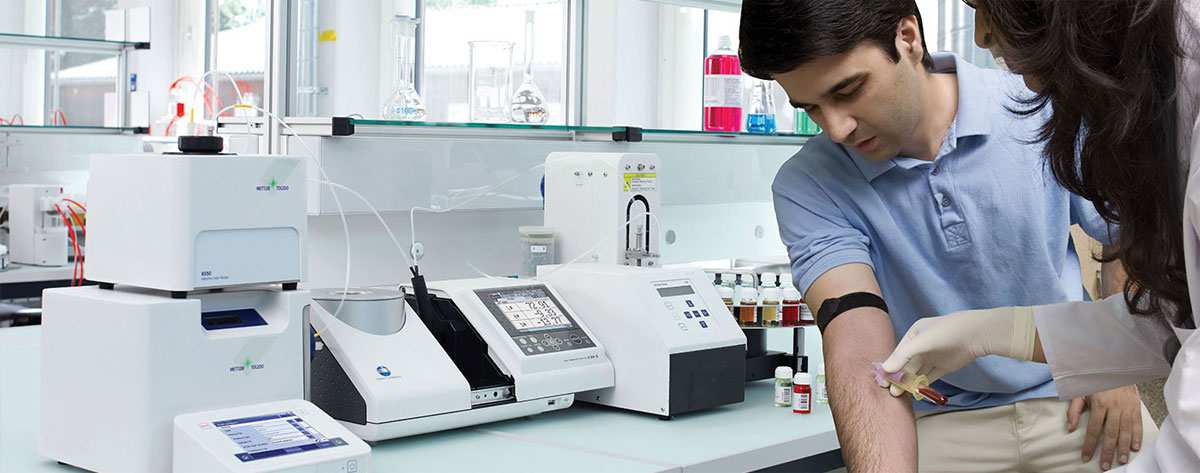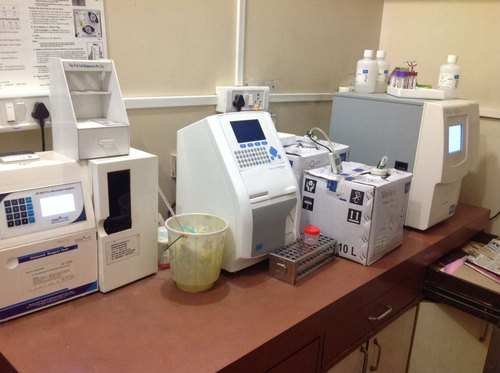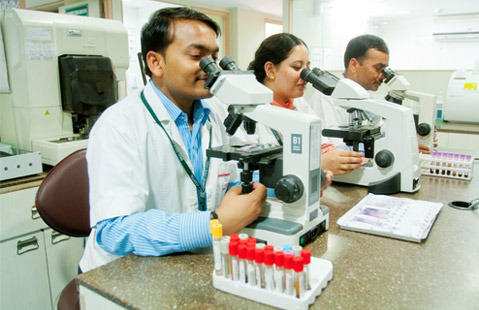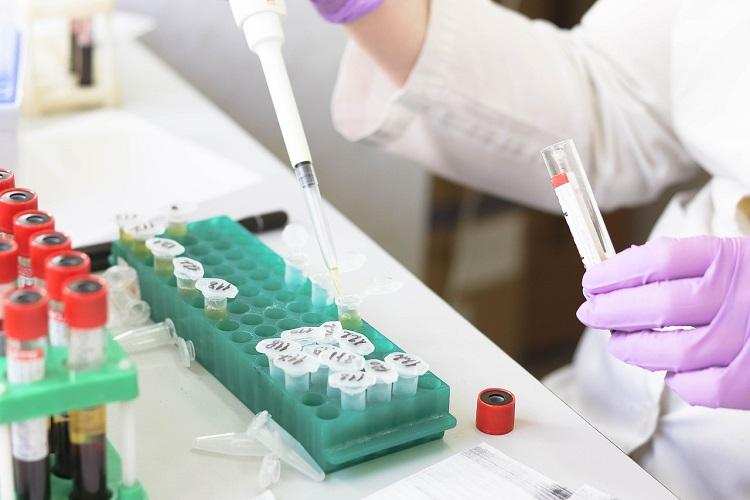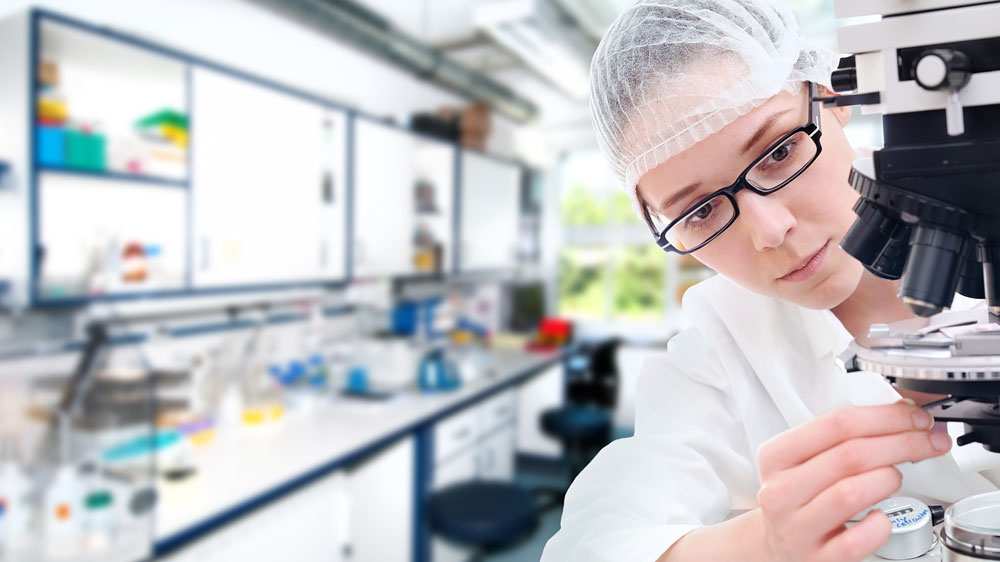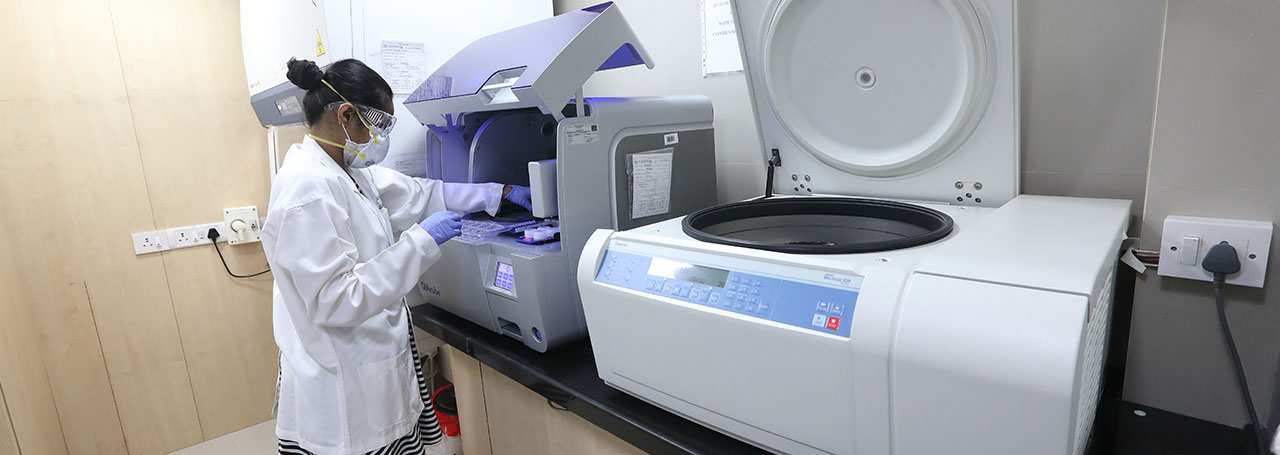Test Description

- People can be affected by many different types of blood conditions and cancers. Common blood disorders include anemia, bleeding disorders such as haemophilia, blood clots, and blood cancers such as leukemia, lymphoma, and myeloma.
- Talking to your doctor is the first step in addressing a possible blood condition that you think you might have. If you are diagnosed with a blood disorder, your doctor may refer you to a hematologist.
- Hematology is the study of blood in health and disease. It includes recognising abnormalities in red blood cells, white blood cells, platelets, blood vessels, bone marrow, lymph nodes, spleen, and the proteins involved in bleeding and clotting (hemostasis and thrombosis). A hematologist is a medical doctor who applies this specialized knowledge to treat patients with blood conditions.
- Coagulation is a complex process by which the blood forms clots to block and then heal a lesion/wound/cut by stopping the bleeding. It is a crucial part of hemostasis – stopping blood loss from damaged blood vessels. In hemostasis, a damaged blood vessel wall is plugged by a platelet and a fibrin-containing clot to stop the bleeding, so that the damage can be repaired.
- Abnormal bleeding can result from disorders of the coagulation system, of platelets, or of blood vessels. Disorders of coagulation can be acquired or hereditary.
- Complete blood counts, tests for thalassemia, bone marrow disorders, blood smears for suspected blood cancers and detection of parasites in blood are some of our important offerings in hematology. Under coagulation disorders, we test for important factors like prothrombin time, fibrinogen, lupus related testing among many others.
Lab Features
Lab Video

